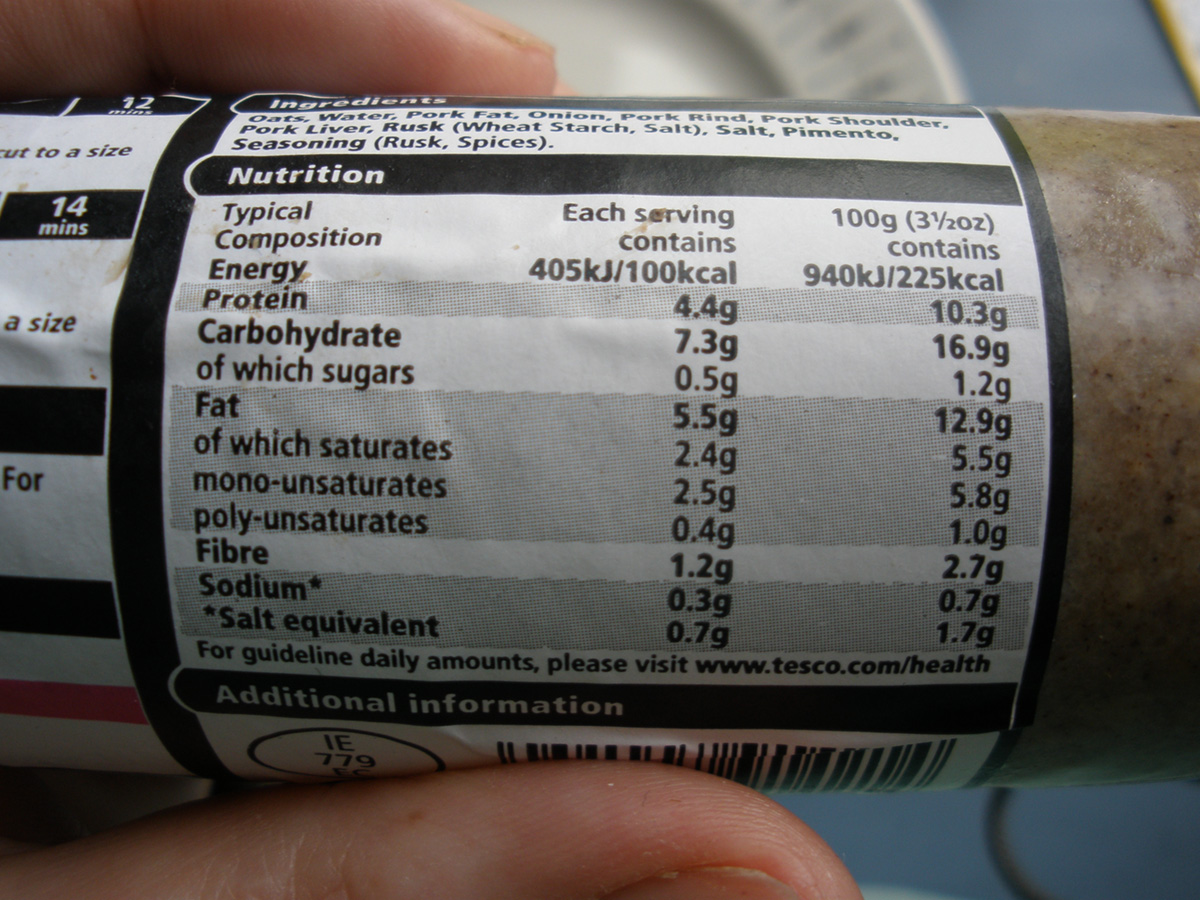
Nutrition labels are often quite confusing for people. Even those who know what they are looking for of the ingredients might get confused or end up with wrong products in their bags after the visit to the supermarket. Everyone should know what does “low fat”, “pure fruit” or even “natural” mean, when the product is labeled so.
“Natural” Products
Saying that something is natural doesn’t make the product healthier for you, since there is no legal definition what’s really “natural”. The food labeled as natural may contain highly toxic substances, highly processed unnatural corn syrup full or fructose, or some harmful hydrogenated oils. So, don’t fall for “natural” on the label, rather check what’s inside the product and then decide if you want that.“Pure Fruit” Products
When the label says “pure fruit” many people believe that this obliges the manufacturer to produce the thing from the fruits, only. However, that’s not true, and something products claimed to contain “only fruit” such as strawberries, may additionally contain some other cheap juices. There could be just 30% of the strawberries, and all other can be sugary syrups made of apples, grapes or pineapple. The only obligation manufacturers have is to list ingredients in order of quantity. However, they can simply say that there is 30% of strawberries and then list 20% each of these sugary syrups, so watch out for that one, too.“Low Fat”
The Food and Drug Administration requires that every product advertised to be “low fat” contain 3 or less grams of fat per one serving. Many manufacturers comply with this regulation, simply because no one has ever mentioned the size of the serving. Look carefully the label on products advertised to be low fat, and make sure to remember the size of one serving. It may suit you, if that’s how much you actually eat, but if you eat two times more – it’s also two times fatter for you.Bad Oils
“Interesterified” oils or “stearate-rich” oils are used instead of unhealthy hydrogenated oils these days. What you should know, is that these oils are similarly bad for your health and they should be avoided. They are proven to decrease the amount of “good” HDL cholesterol and increase level of blood sugar, which can increase the risk for development of various heart problems.Farmed Salmon
Keep in mind that many products claiming to contain salmon might not be so healthy. Most of the salmon in the supermarket is farmed. It means that it contains significantly less omega 3 fatty acids, but this fish can also contain residues of antibiotics, pesticides, dioxins and PCBs, and this is not good for your health.

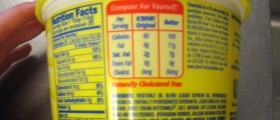
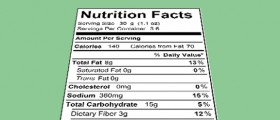


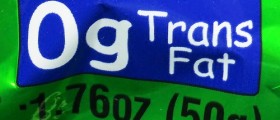






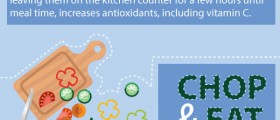



Your thoughts on this
Loading...